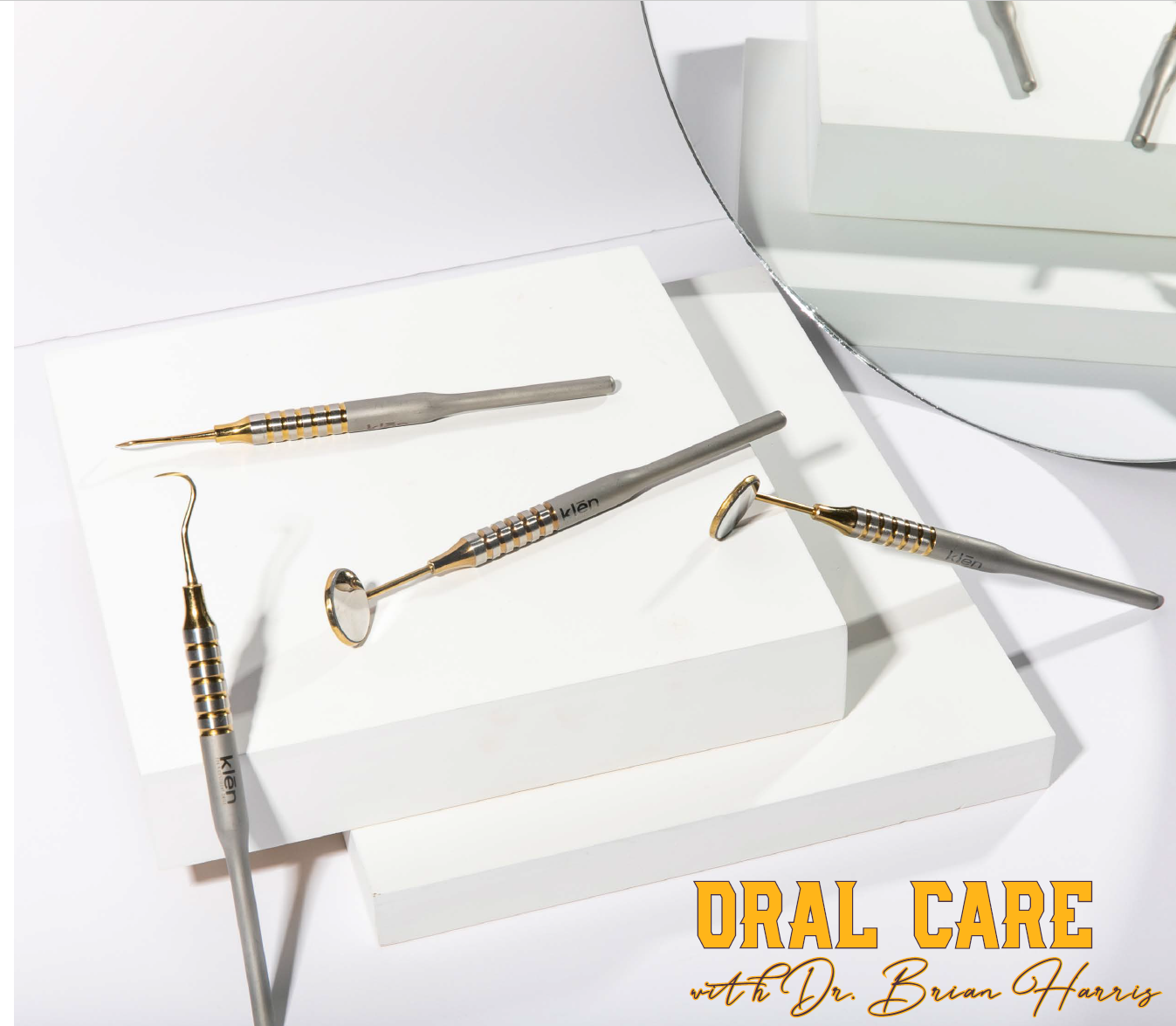Many conditions like cancer and diabetes are difficult to talk about with your doctor because of the burden of these diseases and the hardship of the symptoms and treatment. Other ailments are just plain embarrassing. Not to worry, you are not alone in feeling bashful about certain issues you may be experiencing. The good news is, most of these embarrassing conditions are not life threatening and if you have the courage to speak to your doctor, “you will find that your doctor is trained to talk about sensitive issues in a manner that is both considerate and informative,” says New York Based Internist and Gastroenterologist, Dr. Niket Sonpal.
While you are still working up the courage to make an appointment with your doctor, here are the top 5 embarrassing questions you may have with insight from our expert.
1. I’m still young and I get hemorrhoids. Why is this happening and what can I do?
Though hemorrhoids are more prevalent in adults 40 - 65 years old, young people may still have symptoms associated with hemorrhoids. It is estimated that 75% of the population gets them at some point. Hemorrhoids are common and usually not life-threatening. “What you need to keep in mind is that Hemorrhoids are a symptom of a variety of conditions,” says Dr. Sonpal. “Observe your symptoms and report to your doctor what you feel. Especially in the case of extreme rectal bleeding, lower stomach pain, and unexpected weight loss. These are all symptoms of a more serious condition like colon or rectal cancer, which is most common in people over 40.
2. I have a cold sore on my mouth, if I perform oral sex on my partner will I transmit to them?
“Yes, it is possible and common for someone with oral herpes to unknowingly transmit the virus to their sexual partner through oral sex,” explains Dr. Sonpal. Using protection is the safest way to prevent this from happening even during oral sex. Herpes is transmitted through skin contact so barriers like condoms are effective in reducing the risk to your partner. Usually, people are more cautious about unplanned pregnancies and diseases transmitted through fluids than they are about oral sex and it’s common for them to have oral sex without condoms. This can lead to, not just the transmission of herpes but other viruses like the previously mentioned HPV. Dr. Sonpal’s advice is to stay tested and don’t be afraid to ask your doctor for the pertinent exams if you know you’ve been exposed.
3. Why is my stool green?
Dr. Sonpal explains that, “It can be jarring for people when they experience it the first time but it is rarely related to anything serious. Green is under the umbrella of acceptable stool colors. Most commonly stool will be brown but depending on what you eat you may have occasions where the volume of vegetables you eat affect the color of your poop due to the chlorophyll.”
Other causes can be food coloring, “Children are often exposed to the experience sooner or later because of cereals. Some kids think it’s cool. This is not related to something serious,” says Dr. Sonpal.
Other causes could be medications, coffee, alcohol, and spicy foods. Dr. Sonpal elaborates that if the green stool is not accompanied by diarrhea, nausea, or pain, which could indicate food poisoning, then you shouldn’t worry too much about it.
4. Why am I gassier during my period?
Studies have shown that high percentages of women, with and without Irritable Bowel Syndrome (IBS), complain about increased gas and bloating during their menstruation. “Your body’s hormones are acting up and you may be more sensitive to certain foods than normal,” explains Dr. Sonpal. He recommends avoiding foods high in fiber. These foods tend to increase the bloating as they are meant to keep you full for longer. “If you live a sedentary lifestyle your digestive system might already be slow. Don’t skip out your fitness routine or your late afternoon walk as it can be a key part of keeping your digestive system working during your period, says Dr. Sonpal. He also recommends cutting off the sugary and carbonated drinks which increase the bloat.
5. I’m young, why am I having the constant urge to go urinate throughout the day and most of all at night?
This is a tough subject for many people. For older people, it is a sign of aging and they see it as such. The stigma of urinary incontinence keeps them from speaking to their doctors about it until the problem gets out of their control completely. For young people, experiencing urinary incontinence or hyperactive bladder is shocking. We grow up not realizing that these types of issues can affect people at a younger age. Urinary incontinence most commonly affects women and people over 40 but it is totally possible that a person in their 20’s can be dealing with this issue.
6. I’m a woman- why do I have hair on my nipples?
Dr. Sonpal states that, “Hairy nipples are normal for women. Seeing black, wiry hairs growing around the areolas can be surprising, but you’re not alone. The percentage of women who have hairy nipples is unclear, and many women don’t report it to their doctor.
In most cases, hairy nipples aren’t cause for concern. For most people, they’re a normal part of bodily changes.” You don’t need to remove the dark hairs around your nipples. They won’t cause any issues. However, you can remove them for aesthetic reasons if you choose. Several treatment options may help. One can choose laser hair removal, electrolysis, waxing, trimming etc. Speak with your doctor about what is safest.
7. Is it supposed to smell “down there?”
“Your vagina and its discharge should have a smell, but it shouldn’t be a bad smell and you shouldn’t be able to smell it from a distance,” says Dr. Sonpal. He adds, “Vaginal discharge and smells are dependent upon hormonal changes, mood changes, hygiene habits, sexual activity, physical activity and clothing.” If you’re sweating or you’ve recently had sex, you may notice an odor, but it’s normally nothing to worry about. However, if you experience odor plus itching, burning or irritation, it might be a treatable vaginal infection like bacterial vaginosis or the STI trichomoniasis. “Don’t douche,” cautions Dr. Sonpal. That will just remove the healthy bacteria your body needs to naturally clean your vagina.
Read the latest issue of Athleisure Mag.











